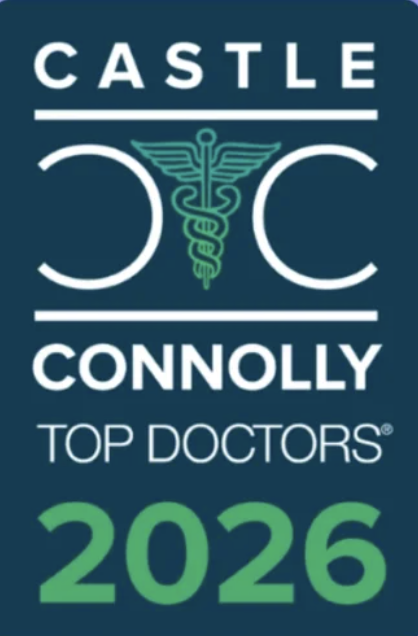In addition to heart disease, diabetes and general inflammation, sleep apnea has now been found to be associated with hearing loss. In a study of 14,000 men and women presented to the American Thoracic Society and published in the Journal of Clinical Sleep Medicine researchers found that sleep apnea was associated with a 31 percent increase in hearing loss. People with moderate sleep apnea had a 22% increased risk of hearing impairment while people with severe sleep apnea’s risk was as high as 46%. These are significant findings, which lead to many questions.
The big question is why the connection between apnea and loss of hearing? About 15% of American adults report some hearing impairment and while some of it is associated with exposure to loud noise, the majority comes from aging. The simple explanation is that in order to hear well there must be healthy blood flow to the inner ear so anything that restricts blood vessels, such as the thickening of the walls of the arteries, diabetes or general inflammation, can cause hearing problems. Since sleep apnea increases those factors, it causes people who suffer from it to have thicker blood, more clots and increased blood pressure –all which can prevent blood from reaching the ear as needed, causing damage and hearing loss.
The implications of these findings is that the medical community should start viewing sleep apnea as a chronic disease that is interlinked with the other consequences of apnea and can affect all of the body’s organs if left untreated.
Suffering from sleep apnea does not mean you will also have hearing loss. It does mean that treating sleep apnea could help prevent hearing loss and that both doctors and patients with hearing loss pay attention and be tested for sleep apnea. More studies are needed, including whether the sleep disorder actually causes hearing loss. In the meantime, if you have other symptoms of sleep apnea make sure to be tested, talk to your doctor and get treatment.













